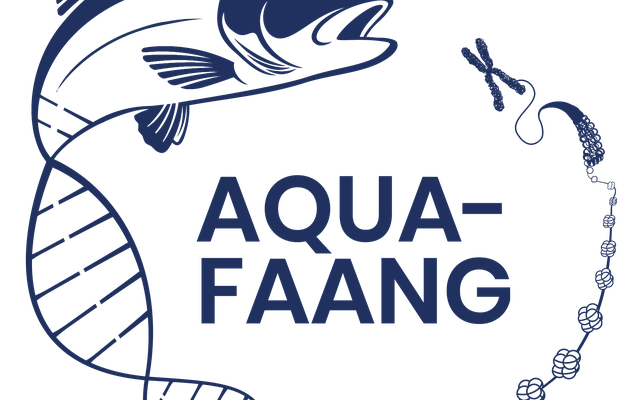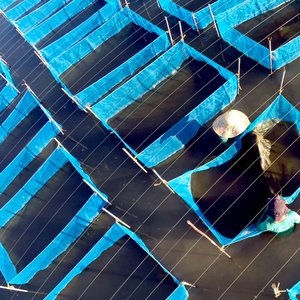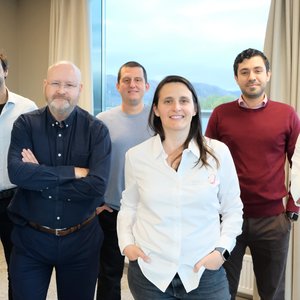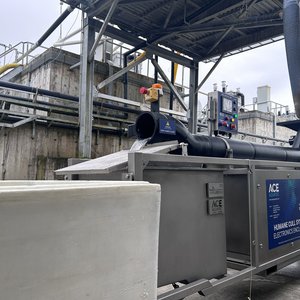Infectious diseases are one of the main issues in sustainable farmed fish production in Europe, accumulating a yearly economic loss of €1,800 million. They are expected to increase even more because of climate change, pressing the need to breed more resilient farmed fish strains. Advanced understanding of the regulation of genes in fish may help understand and improve important traits such as disease resistance. The EU-funded project AQUA-FAANG is laying the foundation for improved selective breeding to help tackle the main issues in aquaculture production.
Mapping information about the genomes
Recent developments in genomics have advanced innovation in European aquaculture. However, the current understanding of genome function remains limited in major farmed fish species. Therefore, the project aims to understand better how the genes of fish are being expressed to influence traits of commercial importance. To achieve this, the genome will be studied to determine how genes are regulated under different biological conditions. The project’s key focus is to address the challenge of aquaculture infectious diseases, like viruses, bacteria, and parasites, a significant threat to sustainable fish farming.
The AQUA-FAANG project will generate high-quality maps of fish genomes (Fig. 1), revealing detailed information on the expression of biological traits. The project focuses on the six most important farmed species in Europe: turbot, European seabass, gilthead seabream, Atlantic salmon, rainbow trout, and common carp.
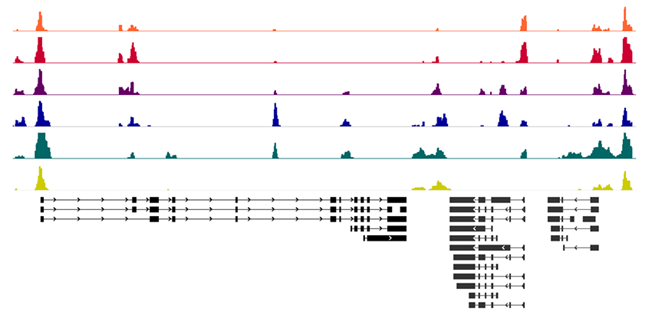
Figure 1. The AQUA-FAANG project will generate high-quality maps of fish genomes.
Standardized protocols enable comparison and collaboration
To understand how the genome is linked to biological traits, it is not sufficient to only sequence the genes. Several methods need to be performed, each providing different types of information on which parts of the genome are activated. By comparing results from these methods, it is possible to understand in more detail how the genome reacts to the environment and how it is linked to a biological trait.
Standardized protocols for sampling and sample preparations on the different fish and organs are being developed, and data is collected (available on www.aqua-faang.eu). Following this, healthy and immune-activated fish genomes will be annotated. The knowledge obtained by annotation (e.g., gene expression) may be useful to help predict breeding values for disease resistance and other traits. The information on gene expression can be enhanced by comparing the different species and immune states.
The improved understanding of the fish genome serves as a basis for improving fish health and approaches to enhance disease resistance. The project’s industrial partners serve as a platform to promote how the results of the AQUA-FAANG project can be implemented. Generated results will be freely disseminated, making them available for other fish species of global importance that are outside the project’s scope, such as tilapia and oysters.
For example, one of the research groups in the project focuses on improving fish breeding using functional annotation of genomes. A major focus is the problematic disease of farmed European seabass, viral nervous necrosis (VNN). The team has investigated which genes are being expressed as part of its immune response, after being exposed to nodavirus. They determined that host resistance to VNN is moderately heritable, and identified a major locus affecting resistance. The research team will now overlay functional genomic data such as gene expression to help identify the causative gene and underlying mutation.
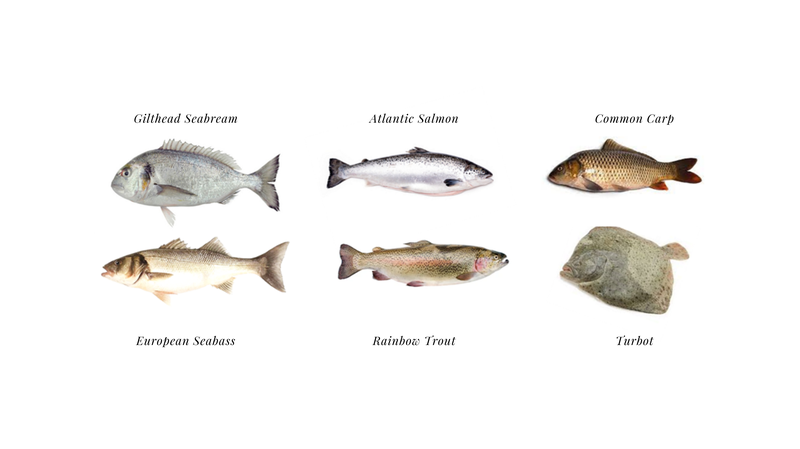
AQUA-FAANG impacts
The AQUA-FAANG project will provide beneficial impacts by improving understanding of the expression of biological traits in fish. The project is part of the EuroFAANG consortium. This joint European research initiative aims to increase the knowledge of the genetic code of farmed animals. By combining contributions from global members and projects, the EuroFAANG consortium will support sustainable and profitable animal production in Europe.
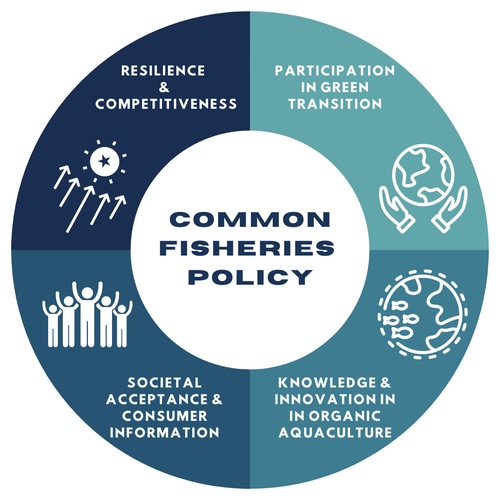
Furthermore, improved disease resistance will increase farm profitability, providing opportunities for development in aquaculture, subsequently causing an increase in employment on European farms.
All of the rich datasets generated by the AQUA-FAANG project are made available through the AQUA-FAANG project page of the FAANG data portal. AQUA-FAANG data is driving new and improved annotations of these six key farmed fish species. The public release through EMBL’s European Bioinformatics Institute’s Ensembl genome browser will provide a powerful resource to drive and accelerate aquaculture research in Europe.


